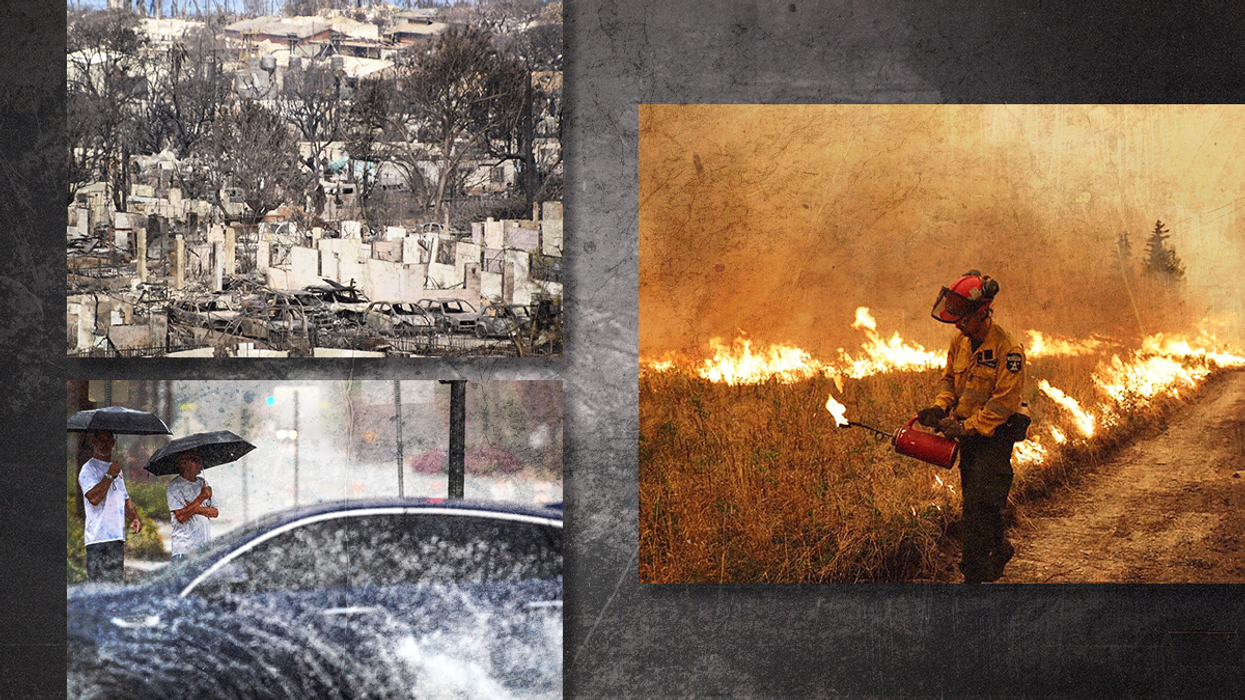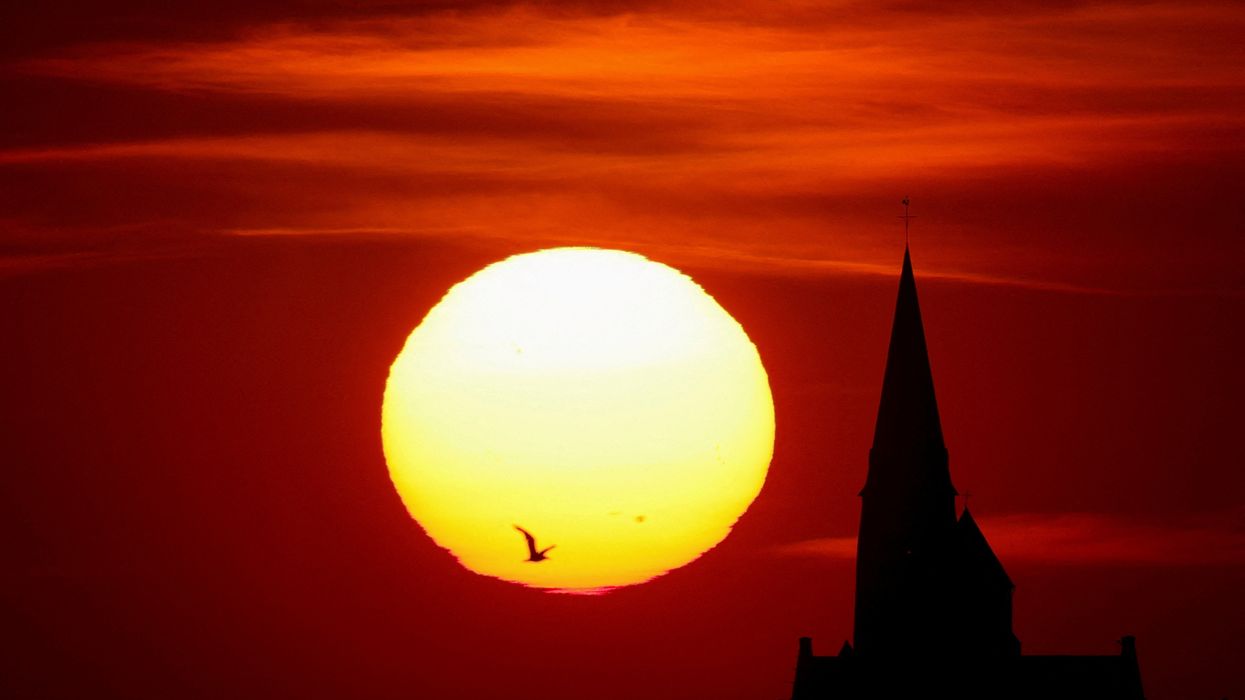US & Canada
After a summer from hell, will voters embrace climate action?
In both Canada and the United States, there has been so much climate-related extreme weather that it is hard to keep track. The summer started with wildfires and floods in typically temperate Nova Scotia. Heat records have fallen in Arizona. Ocean water the temperature of a hot tub has killed coral in the turquoise waters of the Florida Keys. A deadly fire laid waste to tropical Maui. A hurricane hit L.A. So ... have voters been paying attention?
Aug 24, 2023



